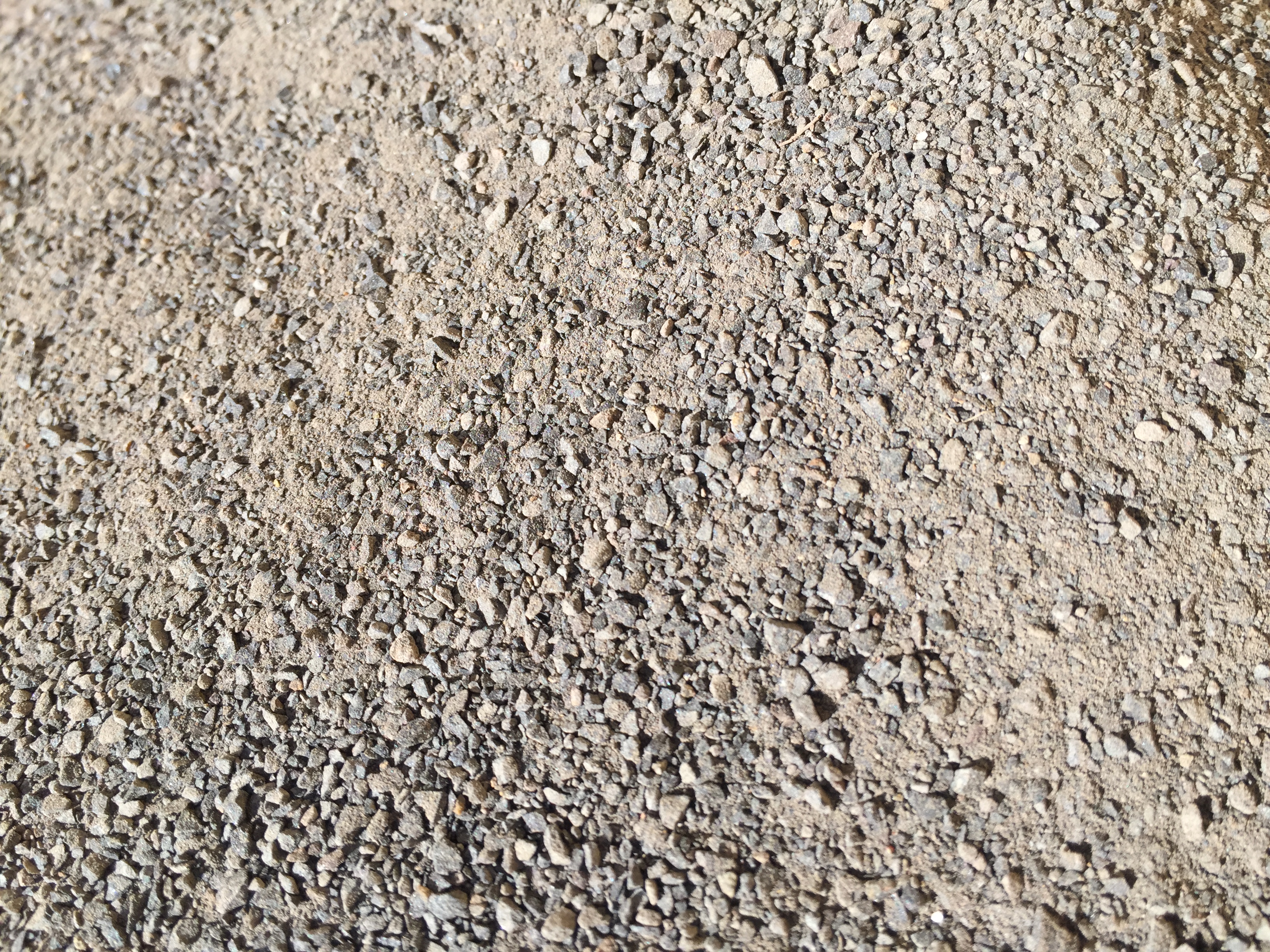
As proficient as plants are, they can’t make the minerals that are essential to human health and nutrition. And while compost is pretty cool, no amount of organic matter can make up for mineral deficiencies in the soil.
Minerals that are missing from the soil are minerals that are missing from the fruits and vegetables that are grown in that soil. It’s why the bunch of kale that you buy in the grocery store may have a very different mineral profile from what nutritionists recommend as part of a healthy diet.
Sadly, most conventionally grown produce is mineral deficient:
- An analysis by the Kushi Institute found that average calcium levels in 12 fresh vegetables dropped 27% from 1975 to 1997.
- The same study showed that iron levels dropped 37%; vitamin A levels dropped 21%; and vitamin C levels dropped 30%.
- A study of British nutrient data from 1930 to 1980 found that in 20 vegetables the average calcium content had declined 19%; iron 22%; and potassium 14%.
- Another study concluded that people would have to eat eight oranges today to get the same amount of Vitamin A as their grandparents would have gotten from just one orange.
Statistics are from an article titled “Dirt Poor: Have Fruits and Vegetables Become Less Nutritious?” which appeared in the Scientific American in April 2011.
As consumers, we might feel a little “ripped off” for being sold inferior produce. But the ramifications are much larger—and they have implications for the future of our planet’s populations. Soil depletion will only get worse if we continue with the large-scale commercial farming techniques that have been put in practice over the past few decades.
Obviously, we can’t rely on Mother Nature’s old “standbys,” i.e., volcanoes, glaciers and floods, to do the work for us—the damage is already so extensive that we need to do many things at once and we need to do them fast.
Solutions include alternating crops and fields between growing seasons, eliminating synthetic chemicals and fertilizers, and adding minerals back to the soil through the process of remineralization with rock dust. A stone-age science, remineralization is gaining much-needed momentum thanks to numerous studies that show that rock dust can restore the health of soil and produce crops that are stronger, healthier and more productive than ones without.
Expect to hear much more about soil remineralization in 2015 which has been declared as The International Year of the Soils.
